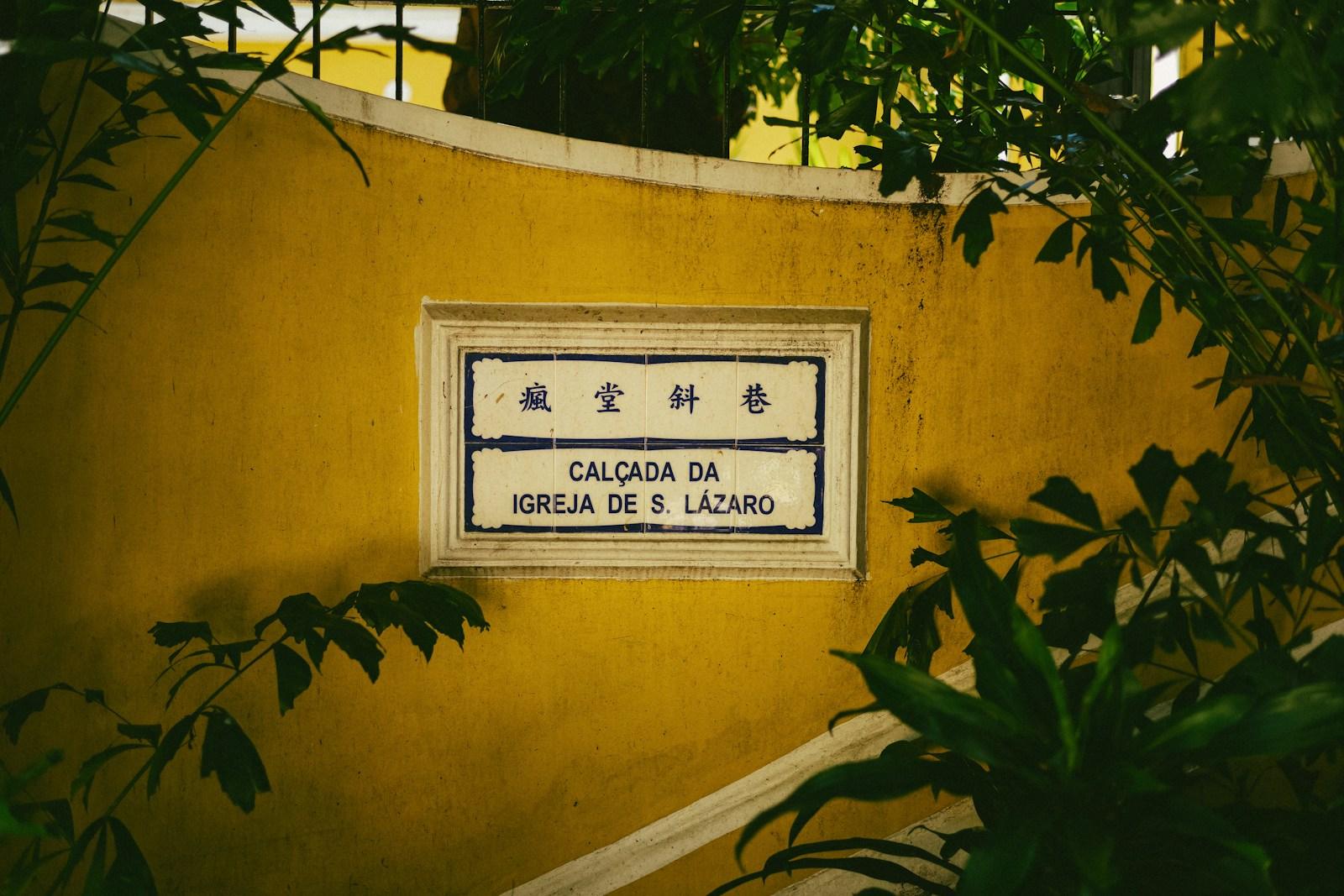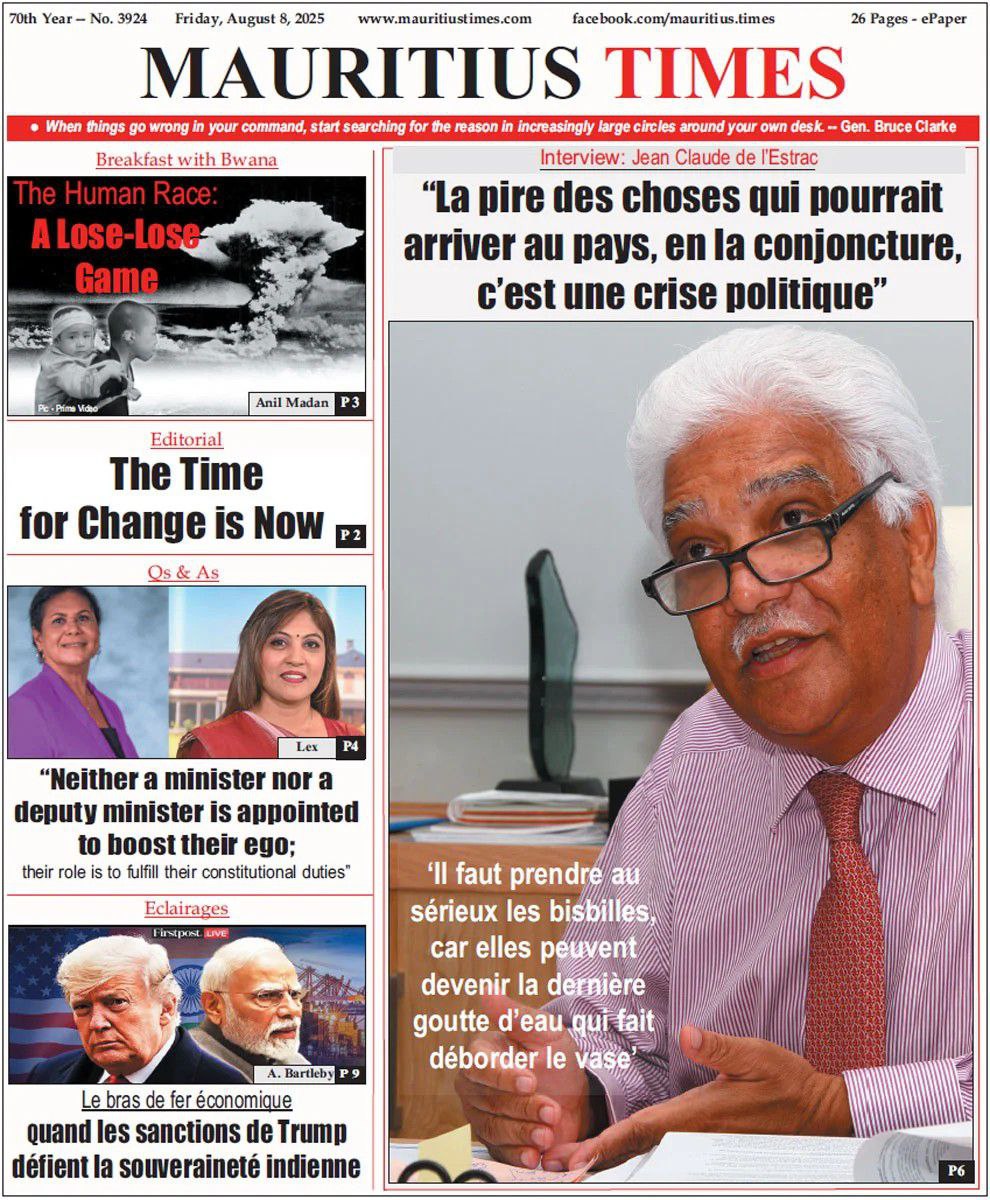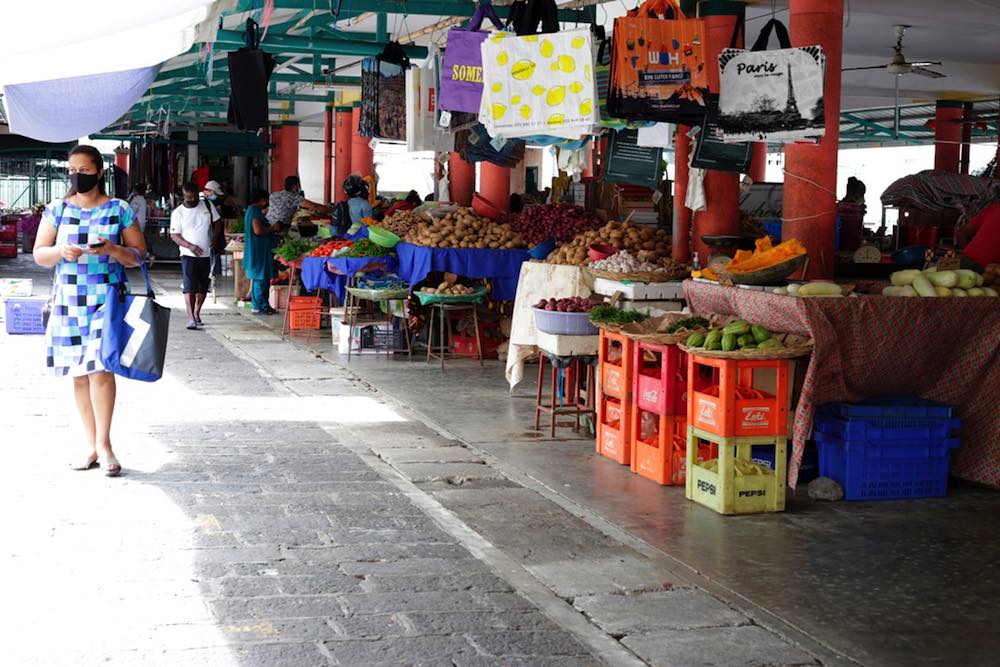Ngugi Legacy: A Voice That Refused Silence
Ngugi wa Thiong’o’s legacy is not confined to bookshelves or academic halls. The Ngugi legacy lives in every African who dares to speak their mother tongue with pride. His commitment to writing in Gikuyu defied colonial pressure and awakened generations to the power of indigenous language. Ngugi’s courage to abandon English as his literary medium was not just symbolic—it was revolutionary.
Ngugi Legacy and the Rebirth of African Identity
For decades, African writers were celebrated only when they conformed to Western standards. Ngugi disrupted this pattern. The Ngugi legacy is about reclaiming cultural roots. By insisting on telling African stories in African languages, he ignited a cultural renaissance that continues to challenge postcolonial norms. His approach reinforced the idea that Africa doesn’t need validation from external forces—it needs authentic expression from within.
Education, Language, and Power in the Ngugi Legacy
One of Ngugi’s most powerful messages lies in the connection between language and freedom. He exposed how education systems in Africa were built to alienate students from their roots. The Ngugi legacy challenges educators and thinkers to decolonize minds by re-centering local languages and values. Today, more universities across Africa are embracing indigenous language programs, thanks in part to the path Ngugi carved decades ago.
Ngugi Legacy: Theatre as a Powerful Tool for Social Transformation
Ngugi wa Thiong’o was not only a prolific writer but also a passionate activist who used theatre to ignite social change. Through the Kamiriithu Community Cultural Centre, he staged plays in local languages that addressed critical issues like land rights, injustice, and corruption. This grassroots approach to storytelling empowered communities, sparking awareness and collective action. The Ngugi legacy reminds us that art must resonate with the people’s realities to truly make a difference.
Ngugi Legacy and the Resistance Against Cultural Imperialism
At the heart of the Ngugi legacy lies a fierce rejection of cultural imperialism. Ngugi challenged the dominance of colonial languages in literature and education, viewing them as tools that erased African identities and histories. He championed the revitalization of indigenous languages as essential for understanding oneself and building authentic communities. His stance inspired a generation of writers and scholars to reclaim their linguistic heritage and resist cultural erasure.
The Enduring Impact: Ngugi Legacy in Contemporary Africa
Today, the Ngugi legacy is evident in movements advocating for the preservation and promotion of African languages across educational institutions, literature, and arts. Ngugi’s life and work continue to inspire young Africans to reject foreign linguistic constraints and embrace their cultural roots. His legacy is a powerful reminder that words are not just means of communication—they are instruments of empowerment and societal transformation.
Ngugi Legacy: The Power of Language in Shaping Collective Memory and Identity
Language is not simply a tool for communication; it is the very foundation upon which collective memory and identity are built. Ngugi wa Thiong’o’s legacy is deeply rooted in this understanding. In societies where colonization sought to erase indigenous cultures and languages, Ngugi recognized that reclaiming native tongues was essential to restoring a people’s historical consciousness and self-understanding. His insistence on using Gikuyu, his mother tongue, was a radical act of cultural revival, a stand against the homogenizing forces of colonial rule. By writing in Gikuyu, Ngugi sought to reconnect his people with their past, values, and traditions, which had been threatened by years of linguistic imperialism.
In his works, Ngugi illustrates how language carries within it the stories, struggles, and wisdom of a community. When a language fades or is suppressed, so too does the nuanced worldview it conveys. This loss affects everything from interpersonal relationships to social structures and even the way individuals perceive themselves in the broader world. The Ngugi legacy emphasizes that preserving indigenous languages is a fight for the preservation of culture itself, making language activism a form of resistance against cultural erasure. This concept resonates powerfully across Africa, where many languages face the risk of extinction due to globalization and the lingering effects of colonial language dominance.
Moreover, Ngugi’s approach highlights how language shapes not only memory but also identity. Through storytelling, oral traditions, and literature in native languages, communities construct a shared identity that binds generations. In postcolonial Africa, Ngugi’s advocacy urges societies to reclaim their narratives from the margins and place indigenous perspectives at the center of cultural discourse. This legacy is evident in the growing efforts to integrate native languages into education systems, media, and literature, empowering people to define themselves on their own terms rather than through a colonial lens.
The ripple effect of this legacy extends beyond language policy into the very way Africans relate to their history and each other. Language becomes a bridge that connects past, present, and future, allowing communities to heal from the traumas of colonization and envision a self-determined path forward. Ngugi’s work challenges us to see language as a dynamic, living force that carries the hopes, memories, and identities of a people—a force worth fighting for, nurturing, and celebrating.
Ngugi Legacy: Education as a Tool for Cultural Liberation
Education was at the heart of Ngugi wa Thiong’o’s mission to decolonize Africa’s minds and societies. He saw the colonial education system not merely as a method of teaching skills but as an instrument designed to alienate Africans from their history, language, and cultural values. The Ngugi legacy calls for a radical rethinking of education—one that centers African experiences, languages, and knowledge systems rather than imposing foreign paradigms. For Ngugi, true liberation begins when African children learn in their mother tongues and study curricula that reflect their realities, struggles, and aspirations.
In his writings and activism, Ngugi critiqued the dominant Eurocentric education model that taught African students to view their cultures as inferior or primitive. He argued that this system created a psychological barrier between Africans and their heritage, fostering a sense of inferiority and dependence. His work inspired educators, policymakers, and activists to design curricula that embrace indigenous knowledge, oral histories, and traditional sciences, thus restoring pride and agency to African learners.
Moreover, the Ngugi legacy advocates for community-based education approaches that democratize learning and make it accessible to rural and marginalized populations. Through his involvement with the Kamiriithu Community Education and Cultural Centre, Ngugi demonstrated how education could be a grassroots movement fostering critical thinking and social engagement. This participatory model empowered communities to take charge of their own learning and cultural expression, breaking the monopoly of elite or colonial educational institutions.
Today, the influence of Ngugi’s vision is seen in various African countries introducing mother-tongue instruction at primary levels, promoting bilingual or multilingual education, and developing culturally relevant teaching materials. While challenges remain, including political resistance and resource constraints, the Ngugi legacy continues to inspire efforts to reshape education into a vehicle for cultural survival and empowerment. His vision reminds us that education is not just about economic advancement but about reclaiming identity, dignity, and freedom.
Ngugi Legacy: Empowering Voices Through Storytelling and Media
One of the most profound aspects of the Ngugi legacy is his emphasis on storytelling as a means of empowerment. Ngugi understood that stories shape how communities see themselves and the world around them. By prioritizing African narratives told in indigenous languages, he challenged the dominance of Western-centric media and literature, which often portrayed Africa through a narrow and often stereotypical lens. His legacy encourages a reclamation of narrative control, where Africans become the primary authors of their own stories, histories, and futures.
In today’s digital age, this vision is more relevant than ever. African writers, filmmakers, and journalists are drawing inspiration from Ngugi’s pioneering work to create content that speaks authentically to local audiences while also reaching global platforms. This movement not only preserves cultural heritage but also amplifies marginalized voices, fostering a richer and more diverse global conversation. If you are interested in exploring more stories that celebrate African identity and culture, you can visit Voice Mauritius News, a platform committed to sharing impactful narratives from across the continent.
Moreover, Ngugi’s approach to media goes beyond content creation; it encompasses access and participation. He championed community-based theatre, radio, and print media in native languages to ensure that ordinary people are not just consumers but active participants in cultural expression and political discourse. This grassroots media model fosters civic engagement, social justice, and cultural resilience, all hallmarks of the Ngugi legacy.
As African societies continue to navigate globalization and digital transformation, the challenge remains to balance innovation with cultural preservation. Ngugi’s work provides a roadmap for harnessing modern media tools while staying rooted in indigenous knowledge systems and languages. His legacy teaches us that empowering voices through storytelling is not only about celebrating culture but also about building a future where Africans define their own identities, challenges, and solutions.
Ngugi Legacy: The Global Influence of Indigenous Language Advocacy
The Ngugi legacy extends far beyond Africa’s borders, influencing global discussions about language preservation, cultural identity, and postcolonial recovery. Ngugi wa Thiong’o’s advocacy for indigenous languages as tools of empowerment has resonated with activists and scholars worldwide who confront similar histories of linguistic oppression and cultural marginalization. His work underscores the universal importance of mother tongues in maintaining diversity, fostering social cohesion, and enabling authentic self-expression.
International organizations such as UNESCO have echoed many of Ngugi’s principles, recognizing that linguistic diversity is vital for sustainable development and cultural richness. UNESCO’s efforts to protect endangered languages and promote multilingual education align closely with the ideals embodied in the Ngugi legacy. These initiatives emphasize that language rights are human rights and that safeguarding indigenous tongues is critical to preserving humanity’s collective heritage.
Moreover, Ngugi’s legacy has inspired comparative studies and cultural exchanges between African and indigenous communities in regions like Latin America, Asia, and the Pacific, where similar struggles for language revitalization take place. Through conferences, academic collaborations, and grassroots movements, the conversation Ngugi helped spark fosters solidarity among diverse peoples committed to reclaiming their linguistic and cultural sovereignty.
The global reach of Ngugi’s ideas highlights the transformative potential of language as a vehicle for social justice and healing. By amplifying the voices of marginalized communities, the Ngugi legacy contributes to a broader movement that challenges cultural homogenization and celebrates pluralism. This enduring impact invites us all to reflect on the power embedded in our words and the responsibility to nurture the languages that carry our stories forward.




